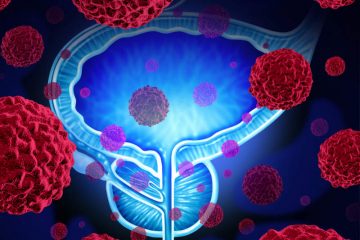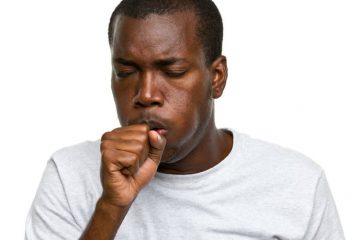INSOMNIA
Do you know that difficulty falling asleep results in daytime drowsiness.
Insomnia is a sleep disorder that is characterized by difficulty falling and/or staying asleep. People with insomnia have one or more of the following symptoms: Difficulty falling asleep. Waking up often during the night and having trouble going back to sleep.Most cases of insomnia are related to poor sleeping habits, depression, anxiety, lack of exercise, chronic illness or certain medication.
Symptoms may include difficulty falling or staying asleep and not feeling well-rested.
Treatment for insomnia consists of improving sleep habits, behaviour therapy and identifying and treating underlying causes. Sleeping pills may also be used, but should be monitored for side effects.
Chronic insomnia is disrupted sleep that occurs at least three nights per week and lasts at least three months.
Acute insomnia can last from one night to a few weeks.
Insomnia is a sleep/wake disorder that can affect your life and can be affected by your life.
Insomnia can cause enough issues that they can become the very trigger that causes a migraine.
Individuals with chronic migraine, often have insomnia.
Insomnia and depression often go hand-in-hand. Discover which insomnia treatment works best for depression.
Do you know that one of the most common signs of depression is insomnia or an inability to fall and stay asleep.
Excessive sleepiness not only affects your physical health, it has a big impact on your mental health as well. When you don’t get the 7-9 hours of quality sleep you need, it can heavily influence your outlook on life, energy level, motivation, and emotions.
Insomnia is highly prevalent in patients with chronic disease including chronic heart failure (CHF) and is a significant contributing factor to fatigue and poor quality of life.
We are aware however, of cases outside scientific study where people have died after periods of no sleep at all. Fatal familial insomnia (FFI) is a rare, and ultimately terminal, genetically inherited prion disease. These symptoms include hallucinations, weight loss and finally dementia before their death.
Sleep plays a vital role in regulating metabolism and appetite. … Sleep deprivation is a risk factor for obesity among young adults. There are two hormones, leptin and ghrelin, that are important in appetite control.
People who are sleep deprived tend to weigh more and have more trouble losing weight than those who get adequate rest, even when they follow the same diet. When you don’t get enough sleep, your body over produces the hunger causing hormones leptin and ghrelin.
If you’re looking to avoid the cold or the flu, make time for sleep! Sleep deprivation has an adverse effect on immune function, and chronic sleep loss can increase an individual’s vulnerability to infectious diseases.
Sleep is what your body craves naturally when you’re sick. Feed your body!


